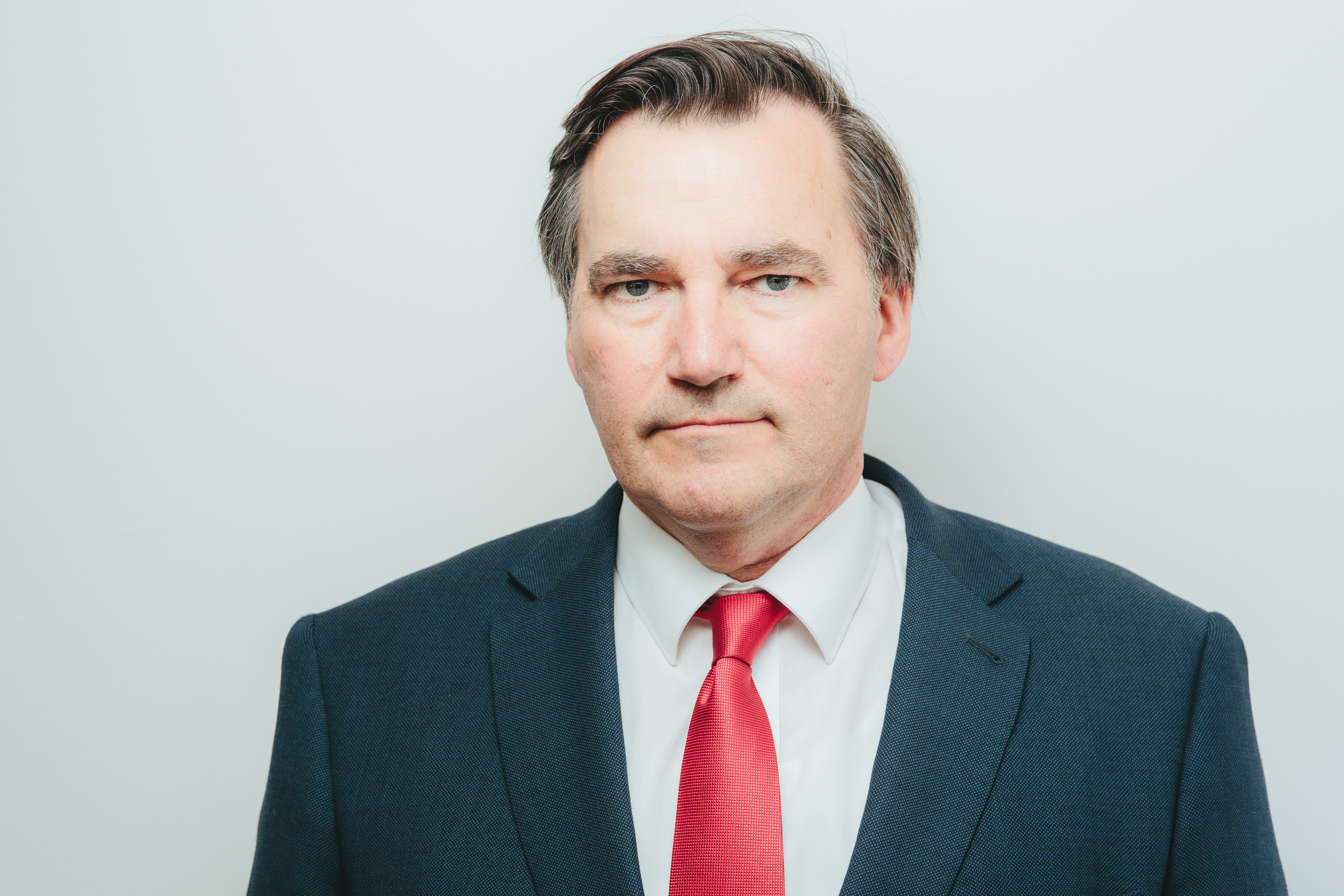Statistics released today on workplace death and injury show that we still have a big problem in New Zealand workplaces.
“These numbers show that, on average, over 51 Kiwis a year are being killed at work. Working people are not being kept safe – employers need to do more – government needs to do more. Every single working Kiwi should have confidence that they’ll return home safe at the end of their working day,” said CTU President Richard Wagstaff.
“346 people were seriously hurt at work – these people were hospitalised and there was a ‘high threat-to-life’. For many of these 346 people their lives have been changed forever. These are people who have been severely hurt, they have had limbs removed, been brain damaged, now live lives of chronic pain and suffering – all as a result of injuries suffered at work.”
“Already five men have been killed in forestry this year and the numbers of people being killed in agriculture and manufacturing are increasing. There is clearly still more work that needs to be done specifically in these industries.”
“It is worth noting that none of these figures include deaths and serious harm from occupational disease which is estimated to kill between 10 and 15 people on average every week (500-800 a year).”
“In New Zealand we still have a 75% higher fatality rate than the U.K. in 2014 (latest available). We still have lots to do.”
“We need better leadership on prioritising keeping Kiwis safe at work. Instead of a target of 25 percent reduction – why are we not more ambitious? Why are we not aiming higher?”
“The report of the Independent Taskforce on Workplace Health and Safety said: ‘Our vision is that within 10 years New Zealand will be among the best places in the world for people to go to work each day and come home safe and sound. We believe that this is absolutely possible, but it will require an urgent, broad-based step-change in approach and a seismic shift in attitude.’ This is what we need to be focused on achieving – for working people and their families,” Wagstaff said.
